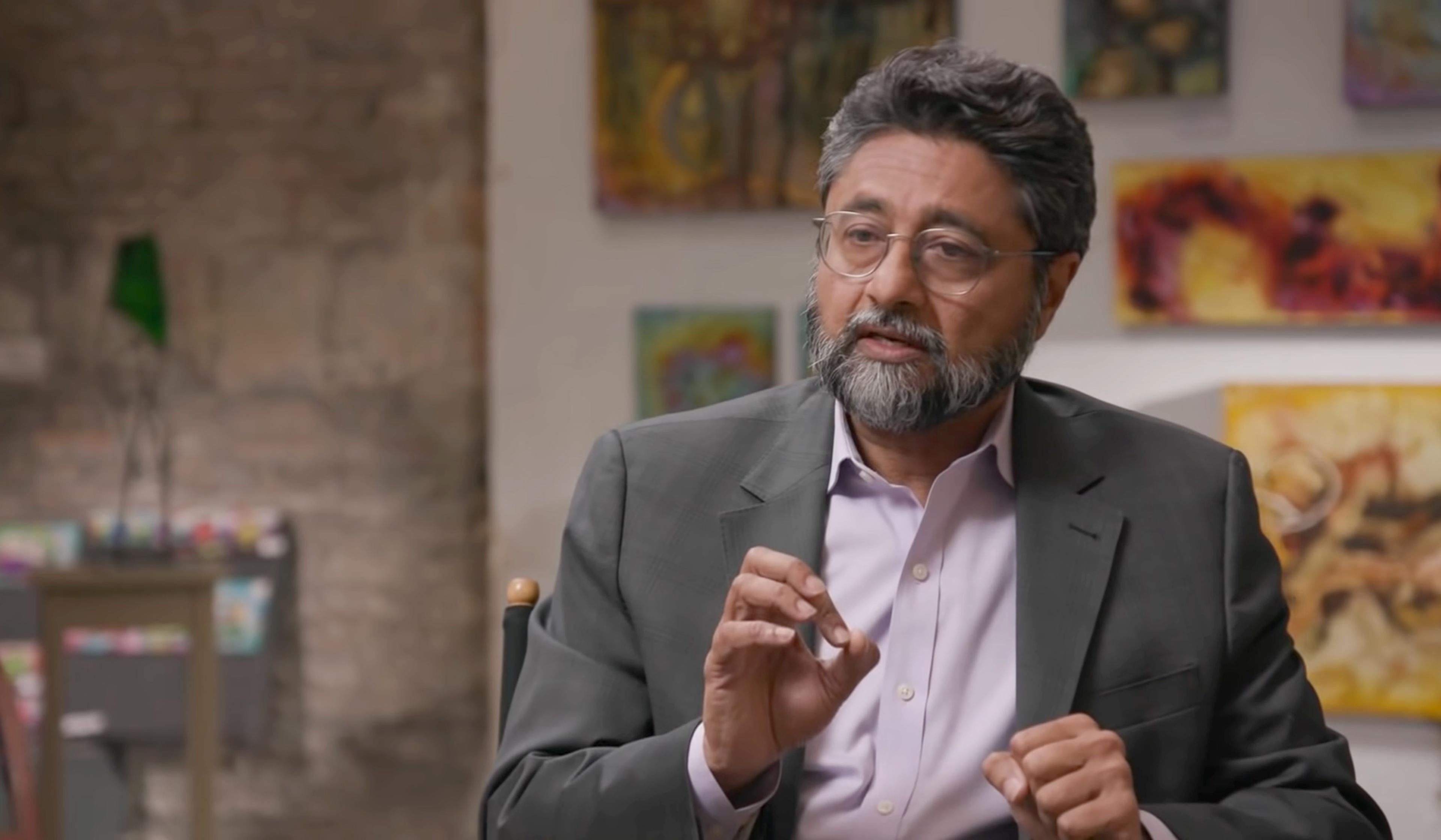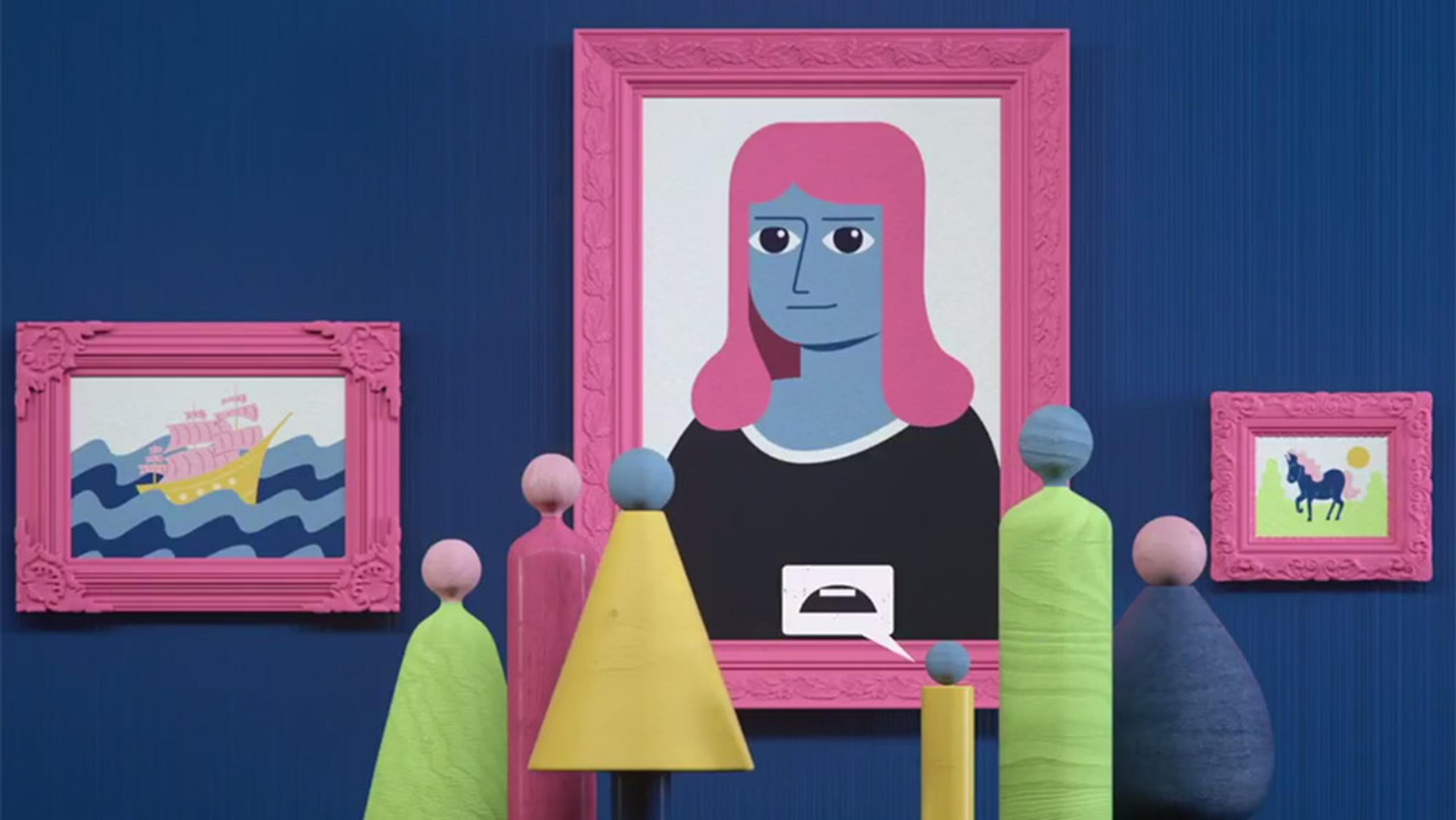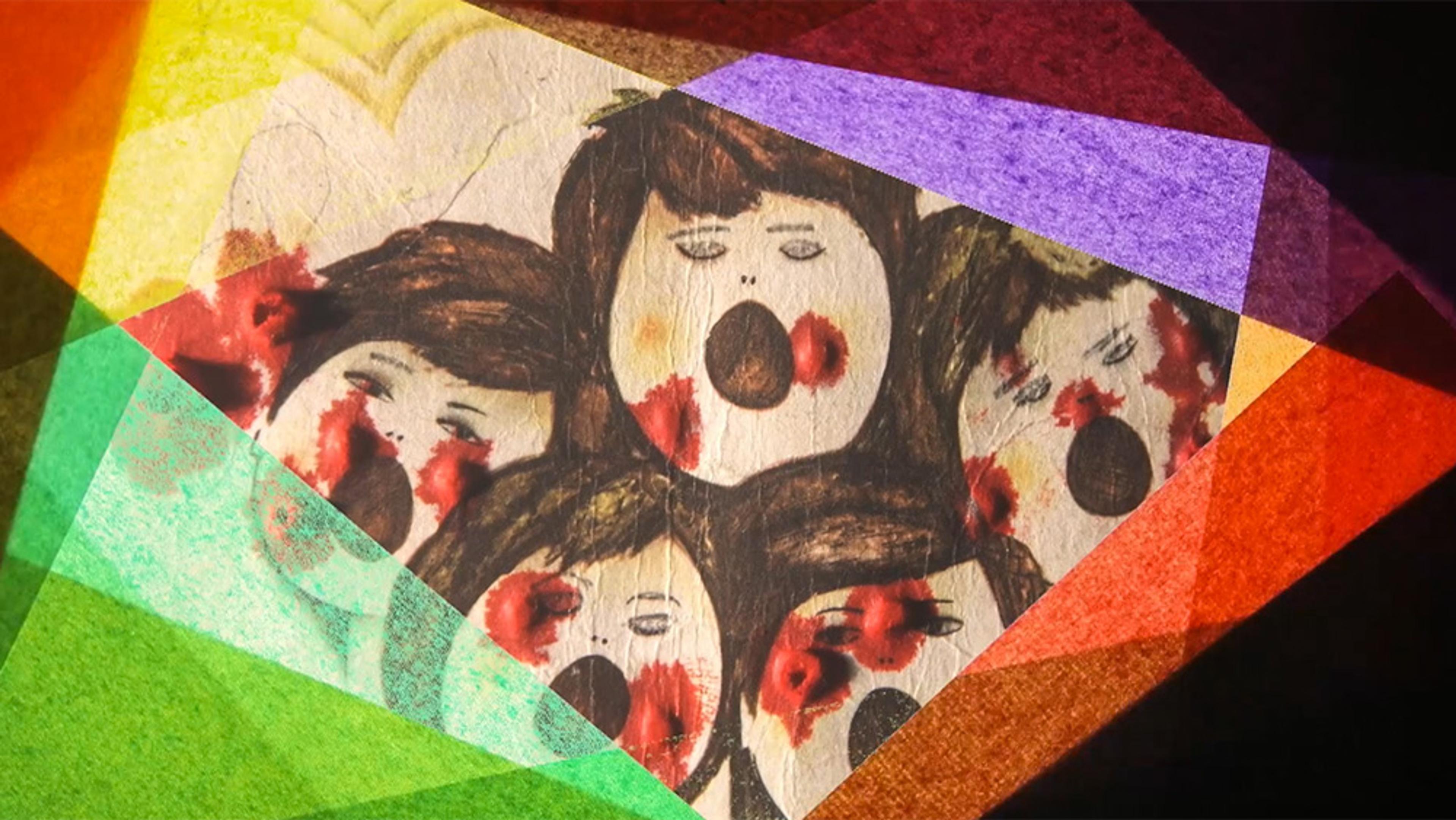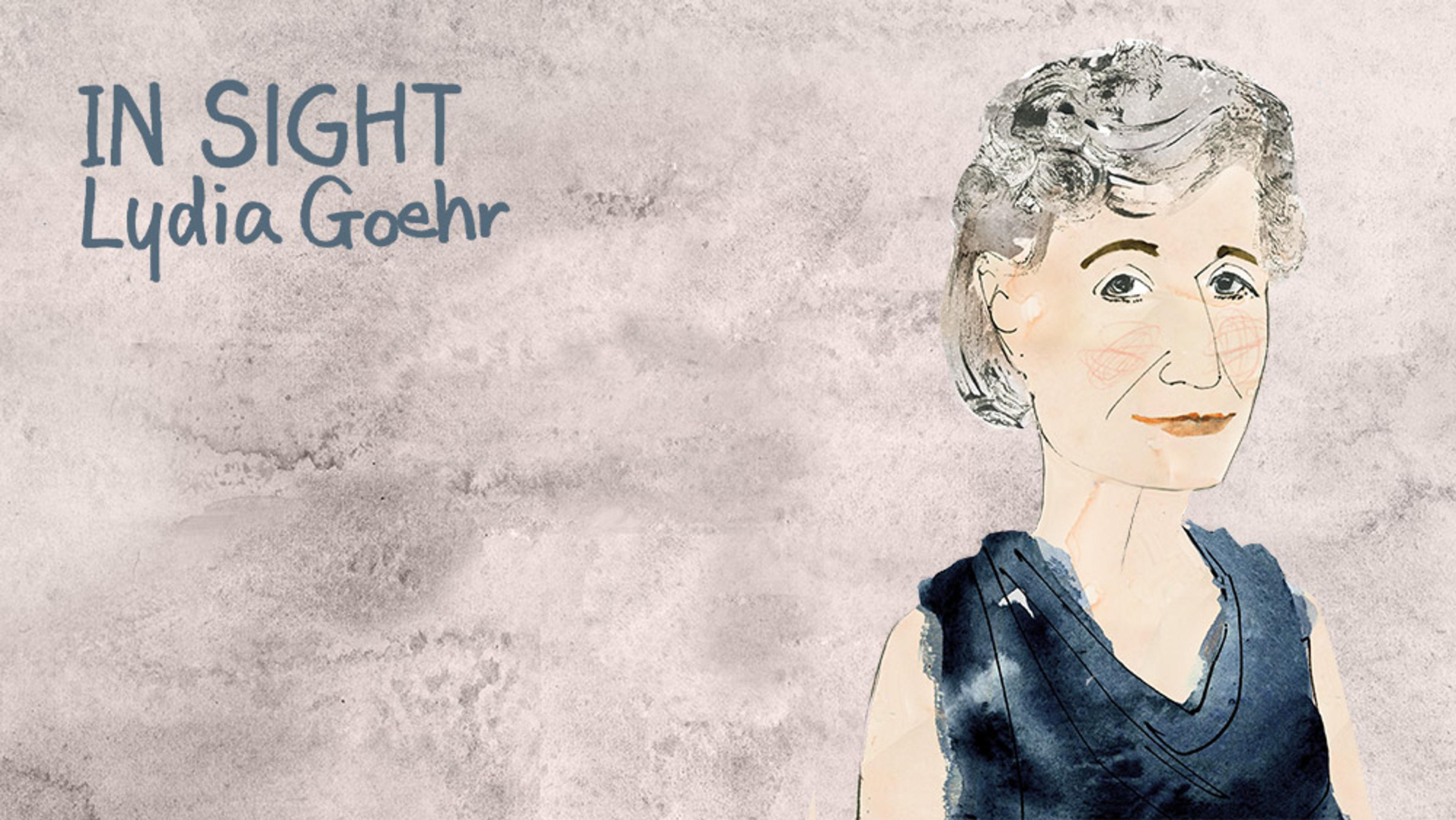In 1991, a small study conducted at the University of California, Irvine found that young adults received a modest brain boost from listening to Mozart before performing small mental tasks. From this, an exaggerated mythology surrounding what became known as ‘the Mozart effect’ emerged, linking exposure to classical music with heightened intelligence – especially in babies. In this animation, the UK broadcaster and psychologist Claudia Hammond dissects how a mania for this Mozart effect took hold, and what the research on music and intelligence actually says. In doing so, the short video also provides a telling look at how academic studies are often distorted and overstated in the media and in the public imagination.
No, Mozart isn’t a brain hack for babies – here’s how music really affects intelligence
Video by BBC Reel
17 June 2021

videoMood and emotion
An Oceanic lullaby, ‘Gimme Shelter’ and more elucidate how music taps into our emotions
58 minutes

videoNeuroscience
Artists can flourish after brain damage. What does this say about neurology and aesthetics?
7 minutes

videoSocial psychology
Want to make a lab rat smarter? Treat it like a smarter lab rat
3 minutes

videoMusic
Music might be quintessentially human, but does it serve a purpose?
4 minutes

videoNeuroscience
On the ‘beholder’s share’ – how past experience influences our perception of art
5 minutes

videoTeaching and learning
It’s great to learn music as a child – except when it’s no fun at all
10 minutes


